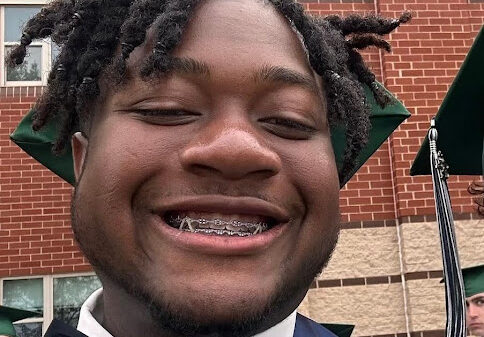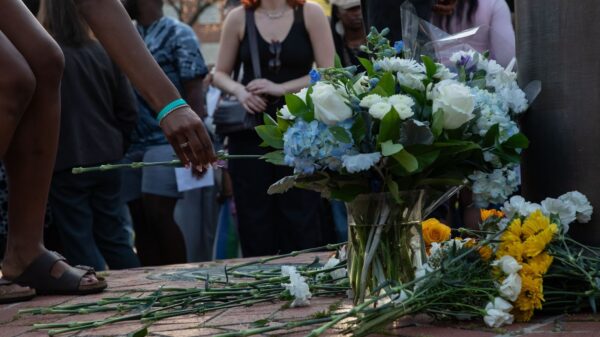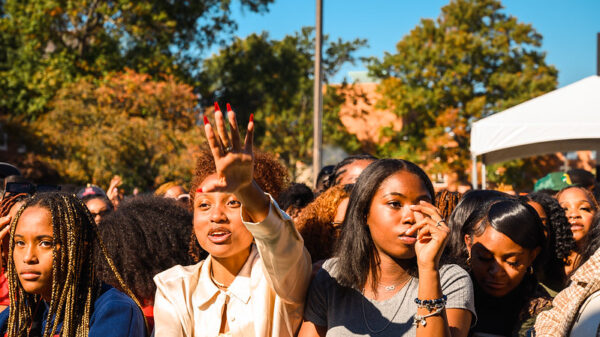On Aug. 27, Japan, one of the five countries recently elected to hold a non-permanent seat on the United Nations Security Council (UNSC) for the years 2023 and 2024, called for security council reform and the possibility of a permanent African seat on the UNSC.
While virtually participating in a business forum at the eighth Tokyo International Conference on African Development in Tunis, Tunisia, on Aug. 28, Prime Minister Fumio Kishida declared that Japan is determined to correct Africa for not having a representative country on the UNSC, which they deem a wrong against Africa. “In order for the UN to work effectively for peace and stability, there is an urgent need to strengthen the UN as a whole through security council reform,“ Prime Minister Kishida told Al Jazeera.
The UNSC has existed since Oct. 24, 1945, and is comprised of 15 members. Britain, China, France, Russia and the United States are the only permanent members, and they have veto-wielding power. The other 10 positions are filled by other countries for two-year terms, with five announced annually.
Although the UN has grown substantially since it was originally conceived in the 1940s, the Security Council has never experienced reform. Despite the democratic processes instituted throughout the UN, some members of the international community believe the current UN governance structure benefits economically affluent nations and is disadvantageous to middle income and lower-income nations.
Reforming the UNSC and legislating that African nations have permanent membership can be considered a form of ‘international reparations,’ yet some scholars, such as Dr. Anita Plummer, an assistant professor of African Studies at Howard University who specializes in Asia-Africa relations, advise that such proposals are politically motivated and actually advance the interests of the states that propose them.
“Japan wanted a seat on the Security Council in the 1980s and has been active in Africa since the 1960s; engaged in humanitarian aid, economic development, security issues and governance. I believe this rhetoric is aimed at African leaders and elites rather than typical citizens because if you look at Japanese development assistance and foreign direct investment in Africa, it has been on the decline,” Dr. Plummer said, citing her belief that the current structure of the UNSC does not represent the majority of countries within the United Nations.
“The UN is a large entity so when we evaluate its structure, we need to be very specific. In terms of the Security Council, it is fundamentally undemocratic. Throughout the past 50 years, there have been many proposals on how to restructure it to reflect the democratic values the UN is purported to uphold” Plummer said. “The realignment within the international system is really interesting, but I do not see any of the permanent five members doing anything to reduce their political power,” she continued.
The public declaration follows Japan’s announcement of $30 billion (4 trillion yen) for economic investment in African nations and comes a few weeks ahead of the annual UN General Assembly. Japan’s call for equity and permanent African membership in the UNSC may simultaneously be a call for social and economic parity within the global political economy.
Some policy experts believe Japan is a stable partner for Africa, however more can be done. Tyrell Junius, the associate director of the Africa Center at the Atlantic Council, which works to help policymakers and investors establish geopolitical partnerships with African states and multilateral institutions, believes UNSC reform is necessary and Japan can utilize this opportunity to build its legacy in Africa.
“It’s long overdue and much needed, as the UN expects that by the year 2100, Africa’s population will become 39 percent of the world’s population. Africa’s demography is an asset for global security, especially considering that African descendants put blood, sweat and tears into building many nations, including the U.S. Africa’s permanent membership on the UN Security Council is one of the lowest hanging fruits to provide justice for historical social and economic marginalization,” Junius said.
The Security Council’s primary responsibility is the maintenance of international peace and security. Each member has one vote under the Charter of the United Nations, and all Member States are obligated to comply with Council decisions. The UNSC takes the lead in determining the existence of a ‘threat to peace’ or ‘act of aggression.’ In some cases, they can resort to imposing sanctions or even authorize the use of force to maintain or restore international peace and security.
Dr. Kwame Dixon, an associate professor in Howard University’s political science department, whose research focuses on framing the social experiences of Blacks in the Americas from a comparative and hemispheric perspective, believes the UN should consider mandating African, Latin American and Asian membership on the UNSC.
“The UN Security Council is a relic of the post-WWII and Cold War eras, with an apartheid-like political and social structure because all five permanent Member nations are socially constructed as white. We need to think about equity and equality within international relations, and the permanent Membership should include countries from Africa, Latin America and the Caribbean, as well as another Asian country,” Dixon said.
Copy edited by Alana Matthew









